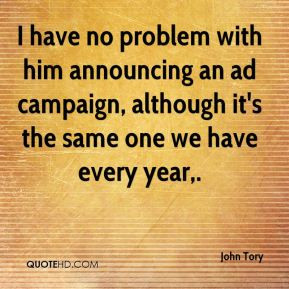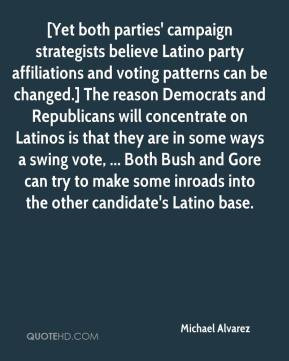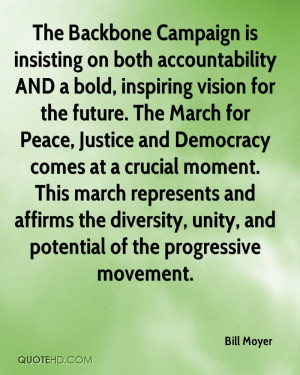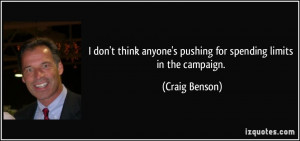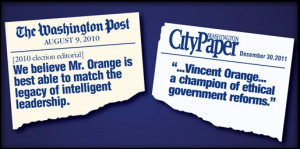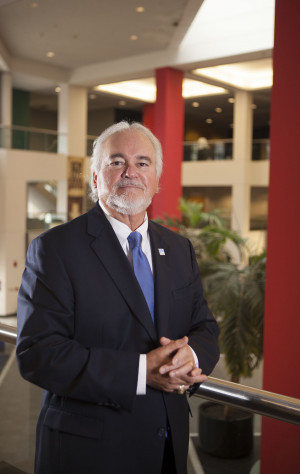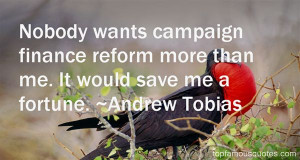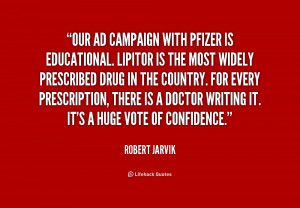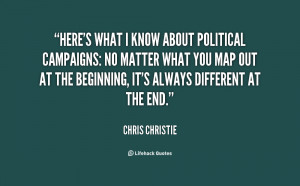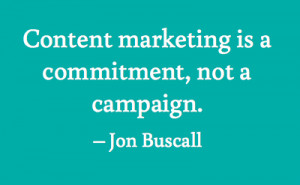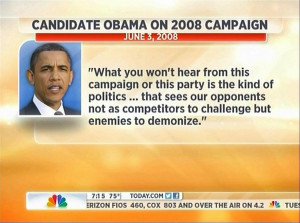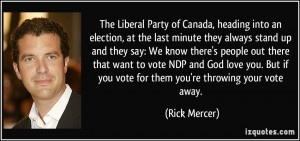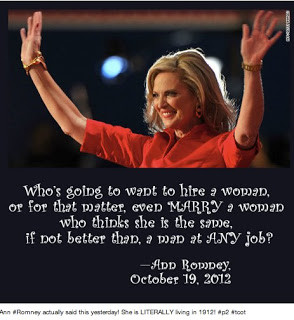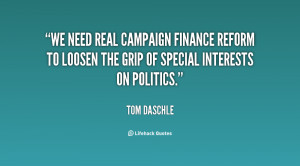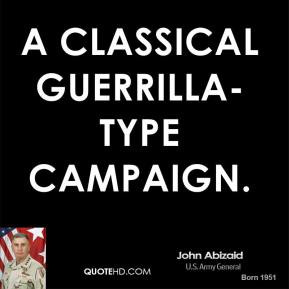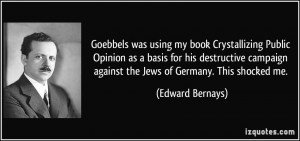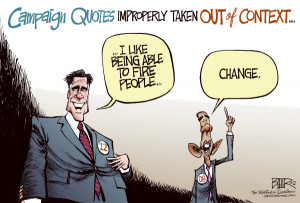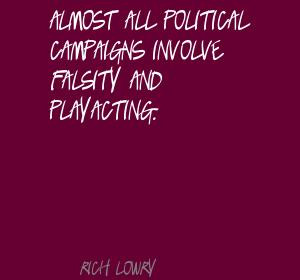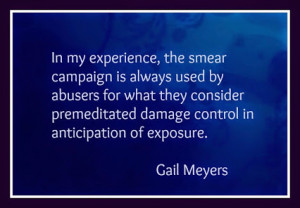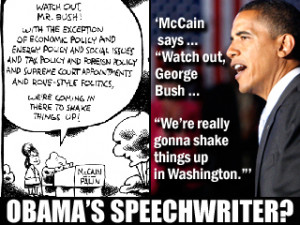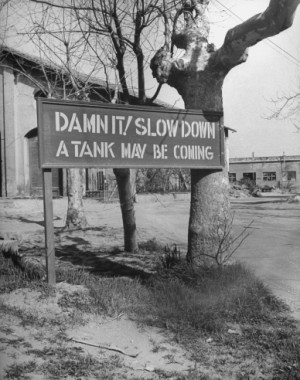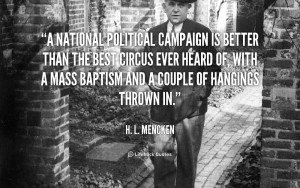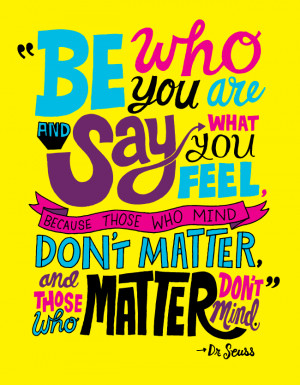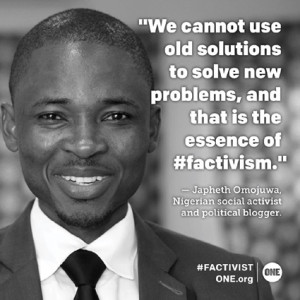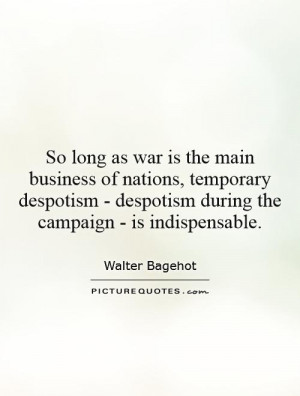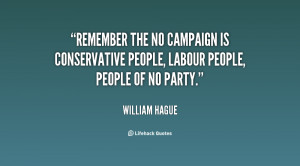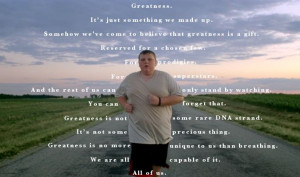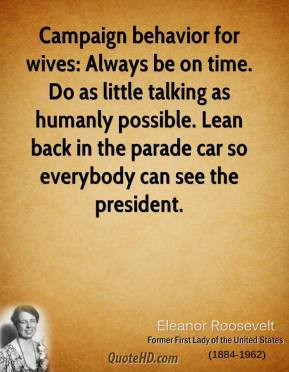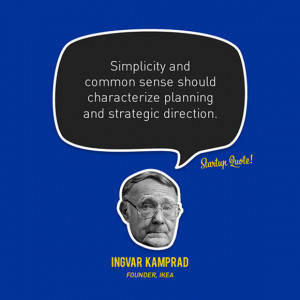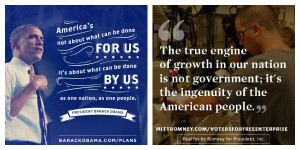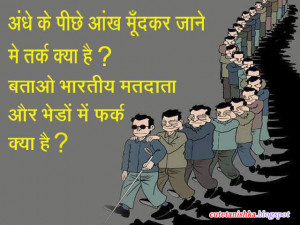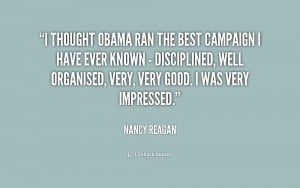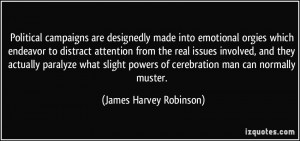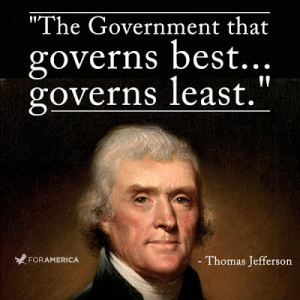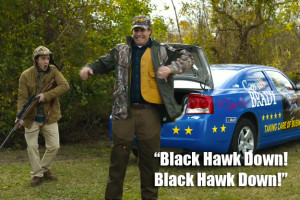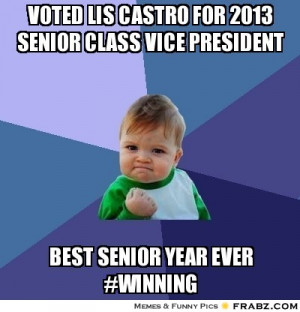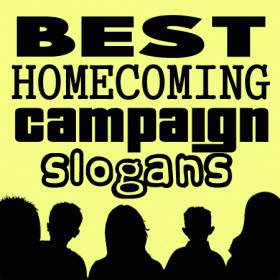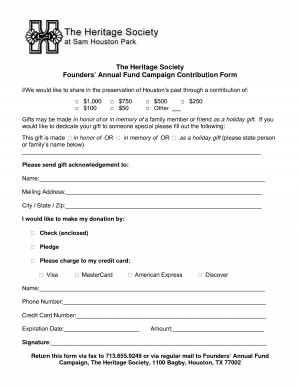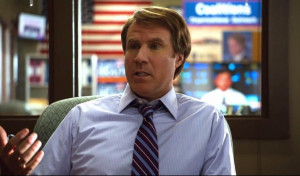Campaign Quotes
When I joined Bill Clinton's start-up presidential campaign in 1991, I was confident that women would play an ever more important role, but I never gave a minute's thought to what would happen if we won. When we did - and I became the first woman to serve as White House press secretary - it changed my life. But it didn't change the world.
Do the elected officials in Washington stand with ordinary Americans - working families, children, the elderly, the poor - or will the extraordinary power of billionaire campaign contributors and Big Money prevail? The American people, by the millions, must send Congress the answer to that question.
I'm going to reduce the size of the Cabinet, cut the number of ministers, reduce the size of the House of Commons, campaign for a European Parliament with 100 fewer members, halve the number of political advisers, and abolish a huge swathe of Labour's regional bureaucracies and agencies and their offices in Brussels.
We live in a world where finding fault in others seems to be the favorite blood sport. It has long been the basis of political campaign strategy. It is the theme of much television programming across the world. It sells newspapers. Whenever we meet anyone, our first, almost unconscious reaction may be to look for imperfections.
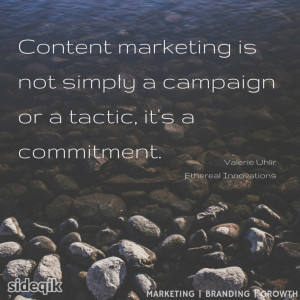
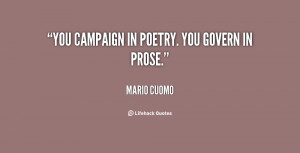
![While the Bush campaign is] not overconfident](https://cdn.quotesgram.com/small/63/36/524156769-While-the-Bush-campaign.jpg)
